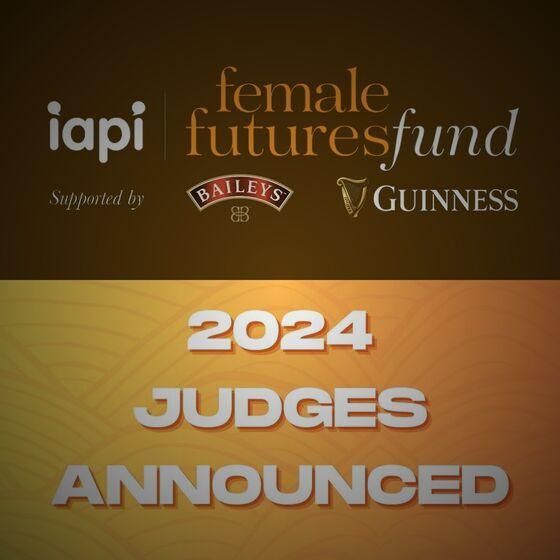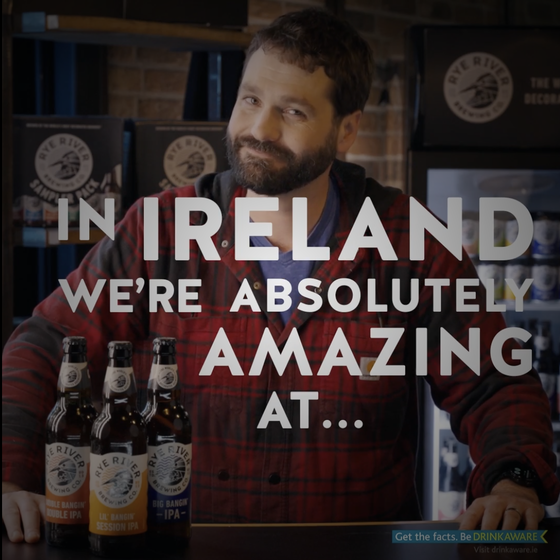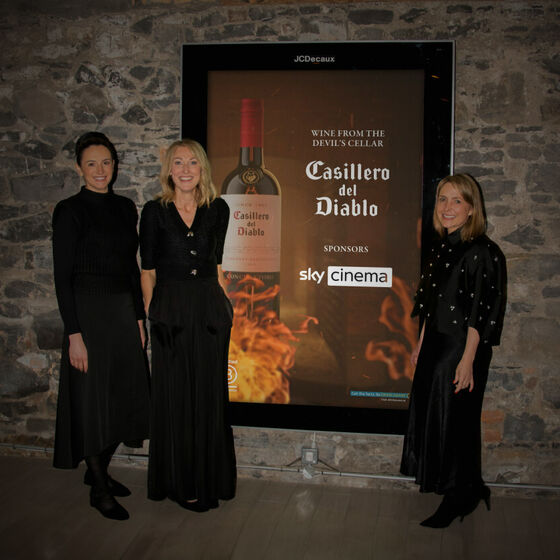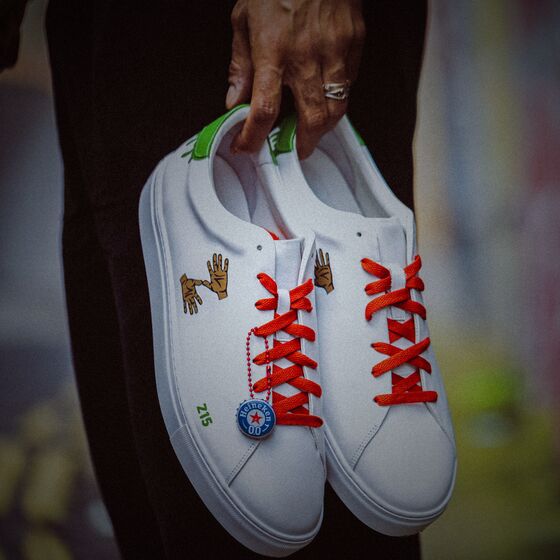Communications agency Initiative, encompassing media strategy, planning and buying, analyse what it will be like for consumers in a post COVID-19 world:
Looking back through the forecasts and predictions across the month of March, one thing is becoming abundantly clear – it is not possible to predict the potential economic outcome of the Covid-19 outbreak. Estimates vary wildly, from 2-8% decline, and it’s almost imprudent to forecast an actual outcome or rebound just yet. Tourism, automotive, and restaurants are likely to take the biggest hit domestically, and across the world, too.
KEY INSIGHTS
- Over 50% of Irish consumers expect the pandemic to be over in six months. It is likely that non-food spending will start to recover in May and June, but more normal spending patterns will most likely not recover until August.
- In times of crisis, leaders are remembered for delivering messages that reflect empathy and include a sense of togetherness and the common good.
- Brands have a unique opportunity to set the standard for new social norms.
- As the dust settles, consumers will appreciate brands that supported them through the crisis.
For brands the challenge here is not to jump on the prediction bandwagon, or forecast a world reimagined in a few months’ time, but to anticipate, and be prepared for new consumer behaviours that are brought about by this experience and ask themselves “Are we ready to meet the new consumer?”
Such times can feel perilous or liberating as the playbook of past days has largely been torn up, and the consumer journey has taken a sharp detour into the unknown. Brands who are willing to navigate this new norm will champion creativity, ingenuity, and ability to pivot at scale, which can be beneficial for both the consumer and the bottom line if done correctly and tactfully.
These challenging times will be remembered for years to come, and brands that act appropriately and responsibly now can expect to be remembered positively.
The numerous gin distilleries that have pivoted to manufacture and supply much needed hand sanitisers, not for profit, have sent a clear message that they too are willing to do what’s most needed at this time. It’s an example of brands living their purpose and values and one which is sure to resonate with consumers in the long run. For some time now industry experts Binet and Field have signaled the over reliance on short term activation tactics over long term brand building activity and the detrimental impact on long term growth. If ever there was a time to switch off sales messaging (unless you are fulfilling an immediate need; supermarkets, fmcg etc.) and focus on brand building, it’s now.
We’ve heard a lot about stockpiling and panic buying in the recent weeks as consumers adjusted to the new norm, and the uncertainty around the coronavirus outbreak has essentially shifted consumer mentality towards scarcity buying – especially concerning toilet roll and hand sanitizer. When people are stressed or fearful, their decision-making process becomes hampered, so they look at what other people are doing as guidance. Initially, when people began seeing photos of empty toilet paper shelves it sent a signal to them that the normal thing to do is to run out and buy toilet roll.
With that said, in Ireland the extra demand in supermarkets is largely being driven by people adding a few extra items to baskets and making more trips, rather than shoppers buying large amounts of the same item in one go. In the UK, Kantar reports that the first signals of spending habits show that only 3% of buyers had taken ‘extraordinary quantities’.
But as the weeks wear on, stockpiling will become increasingly more inappropriate, and consumer behaviour will contract back to align with more normalised grocery shopping habits.
That being said, with the prospect of a global recession looming on the horizon, there is little doubt that Irish consumers are delaying purchases of non-essential items. According to Dynata, over 50% of Irish consumers expect the pandemic to be over in six months. It is likely that non-food spending will start to recover in May and June, but more normal spending patterns will most likely not recover until August.
Increased e-commerce is an obvious behaviour change that is sure to last in the long term. This includes the fields of distance learning, remote working and with it, communication software, gaming, live streaming, virtual entertainment and health tech, although the rate of change in consumer behaviour / adoption will vary.
Given the unprecedented anxiety, people are looking for ways to seek calm in the comfort of their own home. A review of this week’s favourite apps in the Apple App Stores shows that meditation, relaxation and colouring books to de-stress are among the most popular downloads. And as the novelty of working from home and self-isolation wears off, we're seeing an increase in cooking and housework playlists on Spotify, as well as children's music, and podcasts focusing on self-improvement (wellness, meditation).
The Big Picture for brands now is about them being available, supportive and useful to their communities and through that, being a leader in their category. That’s the positive that consumers will ultimately remember when the economy recovers.









